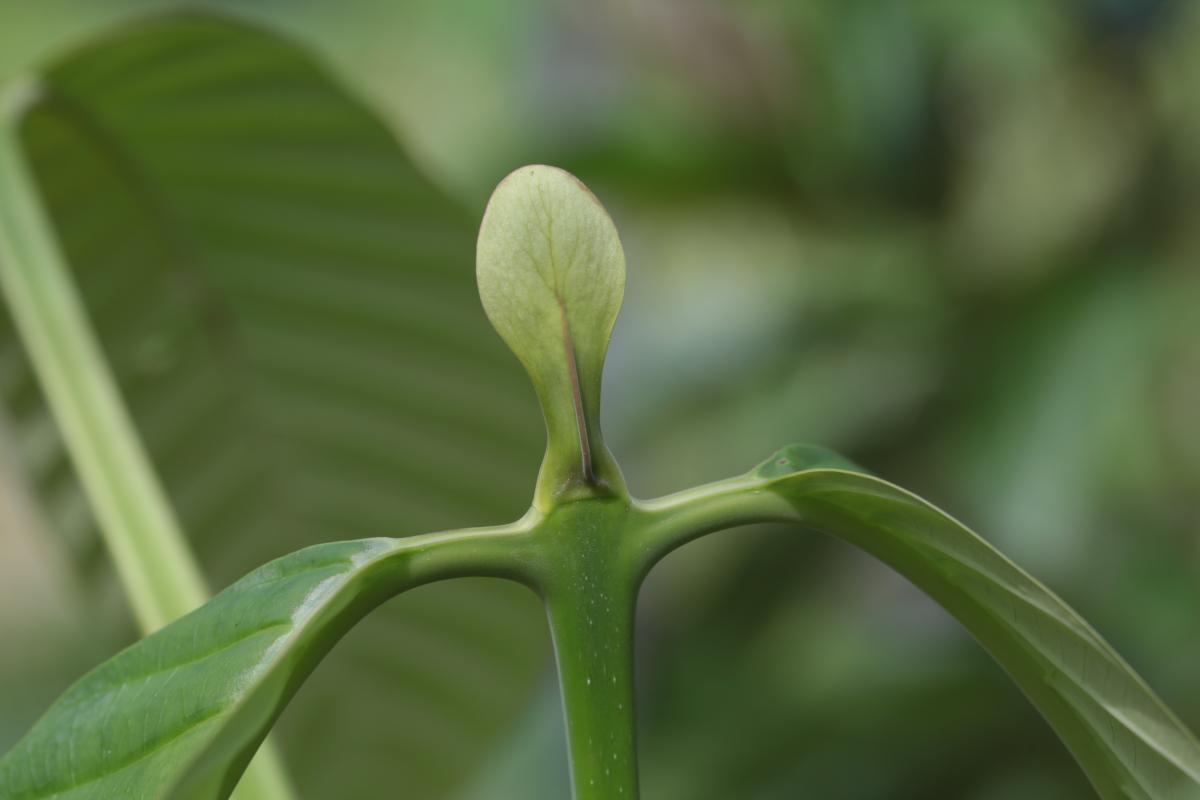- Home
- Worldwide
- CIRAD worldwide
- Projects
- TRAILS Project
Limiting tropical deforestation linked to perennial crop plantations in Southeast Asia - TRAILS

Young plant in a forest regeneration nursery in Sabah (Malaysia) © Alain Rival, CIRAD
Issues
The Southeast Asian islands – with their unique range of agroecological situations and their biodiversity-rich insular systems – are particularly attractive for the development of international projects in partnership, capable of answering innovative and relevant scientific questions.
The reforestation and rehabilitation of riparian zones are essential to wildlife conservation and the improvement of local ecosystems in landscapes dominated by plantations (rubber, eucalyptus, oil palm). Moreover, the management of these plantations now involves agroecological approaches based on environmental services. It is therefore necessary to design new management systems and to skilfully integrate forest species into them. These innovative agroforestry systems need to be assessed for their performance in terms of the conservation of endangered species (orangutans, elephants, big cats), socio-economic sustainability, and climate change mitigation.
Description
The TRAILS project mobilises multidisciplinary research teams, a plantation company, a conservation NGO and local communities for an interdisciplinary partnership and approach integrating numerous scientific disciplines: from agronomy and forestry to veterinary sciences, while also including a detailed socio-economic approach to the livelihoods of local communities. The goal is to characterise various types of agroforests with different densities and diverse plantation-forest ratios in Malaysia (Sabah State, in the northern part of the island of Borneo).
The main goal is to design and assess innovative reforestation strategies, in partnership with the local authorities and the private sector, by introducing mixed forest-plantation systems capable of restoring biodiversity, while securing income for rural populations and addressing gender inequalities.
The project is built around three components:
- Designing and establishing oil palm-based agroforestry systems aimed at fostering biodiversity and the connectivity of forest corridors for wildlife circulation within plantations;
- Identifying the key factors of climate resilience by measuring the parameters that describe the bioclimatic condition of plots and their capacity to provide environmental services;
- Analysing the socio-economic impacts of the transition of single species oil palm plantations to agroforestry systems, which are more complex but also more resilient.
Expected results
Improved resilience of wild flora and fauna and human communities in the Lower Kinabatangan region.
Restored, continuous and healthy forest corridors along the Kinabatangan River, fostering the long-term survival of endangered species, reducing human-wildlife conflicts, preventing river bank erosion and improving the beauty of landscapes in this world-renowned ecotourism destination.
























